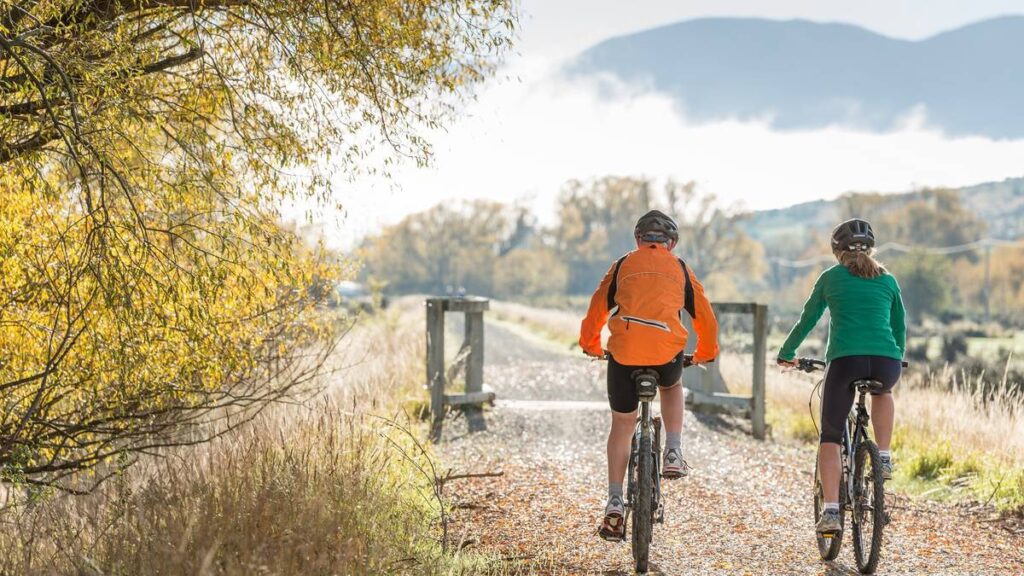28 Jan, 2021 10:50 PM
Kiwis travelling at home want different experiences to overseas tourists and are worried about the cost of some experiences.
A Tourism NZ survey out today finds that international pricing is too high for some locals.
Tourism Minister Stuart Nash says research finds domestic tourists are put off by activities that are too expensive, and the experience is spoiled if it feels too “touristy”.
One survey respondent said of an experience: “For them [British visitors] it would just be £50, for us it’s $100. And when you start thinking of a family of four doing the activity that just becomes out of reach.”
Focus groups and face-to-face interviews were used in the survey which is aimed at helping the industry adjust to the impact of Covid-19 on borders and international visitors who have disappeared during the past 10 months. The loss of overseas visitors will cost the country $12.9 billion a year.
“Tourism operators also suggested some in the industry had focused too much on profits and neglected the quality of the experience and tourism’s impact on small communities. Others had undervalued the role of Māori culture and needed to better connect with it,” Nash said.
The research found Kiwis are looking much more closely at their own backyard and at regions and attractions they may have taken for granted in the past.
While domestic tourists had different expectations from international travellers, there was much common ground. Like international tourists, domestic travellers are attracted by the country’s special qualities, such as landscapes and friendly people, and safe reputation.
“However, Kiwis are more inclined to seek out local history and culture, hidden gems that are not well known, and personal connections,”‘ he said.
Domestic travellers want more unique experiences and the research shows an ideal regional holiday involves a personalised itinerary. It combines activities like walking, cycling, and food and beverage experiences; with events like a cultural performance, festival, or sports.
“There is also work to be done to champion the unique tourism experiences of local destinations. For example, researchers suggest an area like Rotorua, with its health spas, could be a ‘fly and flop’ destination to rival holidays that Kiwis used to take in Bali or Fiji.”
The research showed Kiwis thought tourism was under pressure even before the pandemic closed borders, Nash said.
“They saw regions struggling with the sheer number of visitors, and problems with freedom camping and littering. The research suggests pressure on infrastructure and the environment had created a tipping point for tourism.”
The survey also finds New Zealanders were aware that the industry needs their help to keep it going while borders are closed.
“Looking ahead there is a desire among New Zealanders to attract a specific type of international visitor but to do so it’s important that infrastructure exists to meet their expectations,” the survey results say.
“As such, New Zealanders are open and receptive to being asked to help keep the industry going but it needs to align with their needs from a leisure holiday.”
Nash said work to support and rebuild the tourism and hospitality sectors “remains ongoing”.







